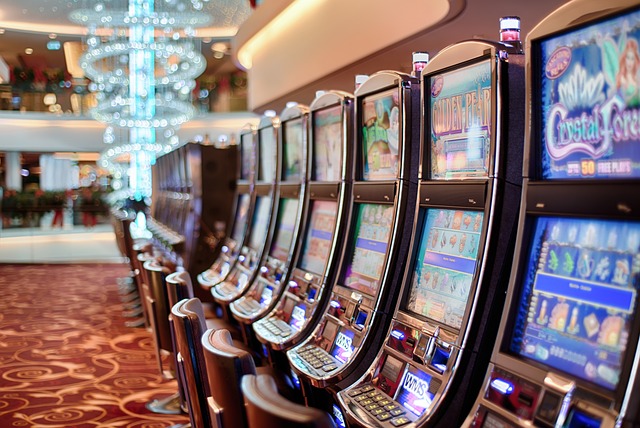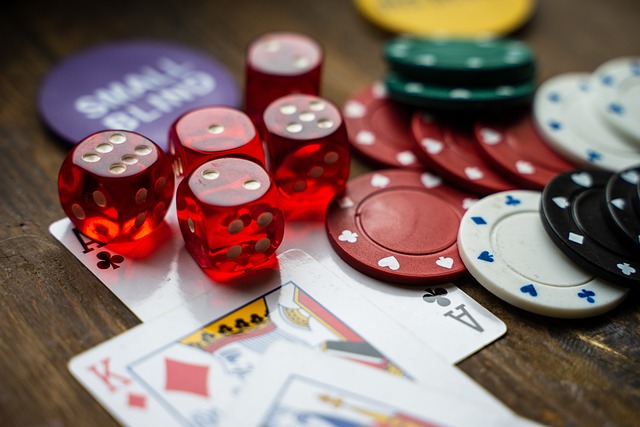Gambling is more than just chance and strategy—it’s deeply tied to human psychology. Whether at a casino, sportsbook, or online platform, players often find themselves coming back again and again, even after losses. This behavior isn’t purely driven by potential winnings. The psychology of gambling plays a major role, influencing decisions through emotion, habit, and brain chemistry.
Understanding why players continue gambling reveals how complex the behavior truly is. It involves reward systems, cognitive distortions, social influences, and emotional triggers. For many, the experience offers a powerful mix of risk, reward, and escapism that can be hard to walk away from.
Let’s explore the key psychological reasons why players keep playing—and how these mental patterns affect the gambling experience.
The Power of Variable Rewards
One of the most influential psychological drivers in gambling is the variable reward system. This means that players don’t know exactly when or how much they will win. Unlike fixed rewards (like a salary), gambling rewards are random and inconsistent.
This unpredictability triggers a powerful response in the brain:
- Wins release dopamine, creating a rush of excitement
- The brain starts associating gambling with pleasure
- The chance of a future reward keeps players engaged
Psychologists have compared this to operant conditioning, where intermittent reinforcement (occasional wins) is more addictive than consistent outcomes. Slot machines, in particular, are designed around this principle, which explains why they’re among the most habit-forming games.
The Near-Miss Effect

Another psychological factor is the near-miss effect. When a player comes close to winning—say, two jackpot symbols land and the third just barely misses—it creates the illusion that success is just around the corner.
This experience often triggers:
- A false sense of control
- Increased motivation to keep playing
- The belief that a win is “due” soon
Near-misses don’t feel like failures; they feel like progress. This misperception keeps players spinning reels or placing bets in hopes that the next try will be the winning one.
Cognitive Biases and Illusions of Control
Gambling behavior is also influenced by cognitive biases—mental shortcuts or distortions that affect judgment.
Common biases include:
- The Gambler’s Fallacy: Believing a certain outcome is “due” after a series of losses
- Illusion of Control: Thinking personal skill or rituals can influence a random game
- Confirmation Bias: Focusing only on wins and ignoring losses
These mental traps can cause players to make irrational decisions, overestimate their chances, and persist even in losing situations.
Emotional Escape and Stress Relief

For many players, gambling serves as a form of emotional escape. The immersive experience of focusing on a game, placing bets, and reacting to outcomes offers a break from stress, boredom, or negative emotions.
This emotional escape can quickly become a cycle:
- Stress leads to gambling
- Gambling temporarily relieves stress
- Losses create more stress, leading to more gambling
This loop is particularly dangerous because it masks underlying emotional issues and creates dependency. Casinos and gambling apps often enhance this effect with ambient sounds, lights, and graphics that offer a full sensory distraction.
Social Influence and Community
In both land-based and online environments, gambling can have a strong social component. People often play with friends, join tournaments, or interact with others in chatrooms and lobbies. This sense of community makes the activity more enjoyable and reinforces participation.
Social gambling adds:
- Peer validation and shared excitement
- Pressure to keep playing when others are involved
- A feeling of belonging to a gaming community
Online platforms amplify this by rewarding players with rankings, badges, and public win announcements—tapping into the human desire for recognition and status.
The reasons players continue gambling go far beyond the simple hope of winning money. From unpredictable rewards and near-misses to emotional escape and social connection, gambling is driven by a complex mix of psychological forces.
Understanding these patterns helps explain why quitting can be difficult—and why responsible gambling tools and self-awareness are so important. By recognizing the mental triggers behind gambling behavior, players can make more informed decisions, manage their risk, and maintain a healthy relationship with the game.
